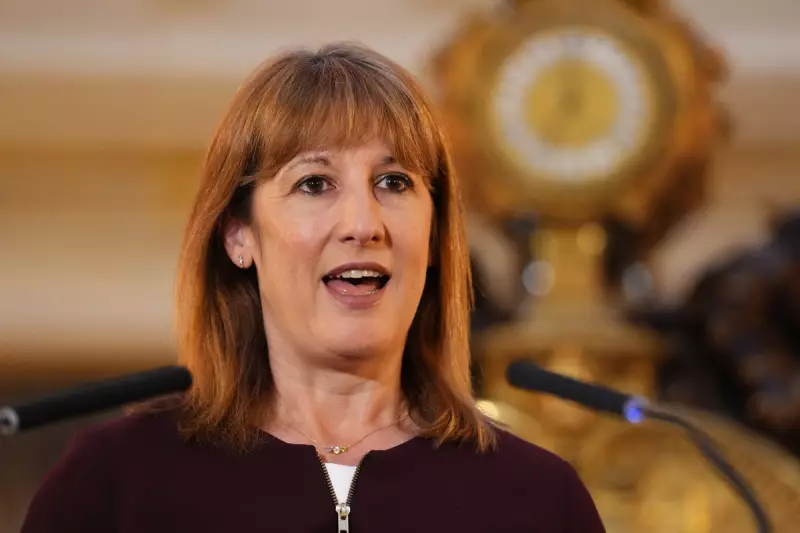
In a landmark moment for Britain's economic future, Chancellor Rachel Reeves has declared war on decades of stagnation with her first major fiscal statement, positioning it as the most significant economic reset since Labour's 1997 victory.
The End of Planning Gridlock
The newly appointed Chancellor didn't mince words when describing the "antiquated" planning system that has held Britain back. "The time for tinkering is over," Reeves announced to a packed House of Commons, outlining immediate reforms to restart economic growth.
Key Economic Reforms Unveiled
- Restoration of mandatory housing targets for local authorities
- Fast-track approval for brownfield development projects
- Critical infrastructure projects to be prioritised nationally
- Reinstatement of long-term housing strategies abandoned by previous governments
The Chancellor emphasised this represents just the beginning, with a full budget scheduled for later this year once the Office for Budget Responsibility completes its assessment.
Fiscal Responsibility as Foundation
Reeves made clear that her approach would be built on fiscal discipline, despite the ambitious scope of reforms. "We face the legacy of fourteen years of chaos and economic irresponsibility," she stated, while committing to Labour's manifesto pledge of no increases to National Insurance, income tax, or VAT rates.
Bank of England's New Mandate
In a significant move, the Chancellor confirmed she has written to the Bank of England to align its mandate with boosting sustainable growth, while maintaining the crucial 2% inflation target that underpins economic stability.
The economic statement represents not just policy changes but a philosophical shift in how government approaches growth—positioning the Treasury as an active partner in building Britain's future rather than a passive observer of market forces.





